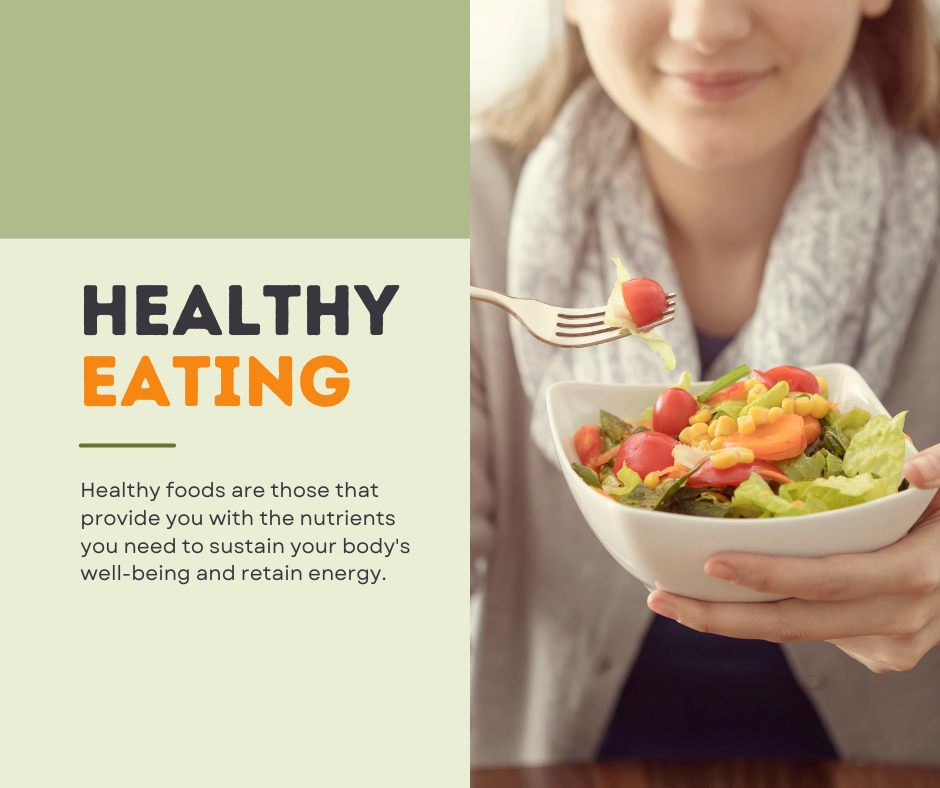Thinking about shedding those extra pounds without resorting to extreme diets or supplements? Natural Weight Loss You’re in the right place! Losing weight naturally not only promotes better health but also helps in maintaining those results long-term. Natural methods are safe, sustainable, and can be easily integrated into your daily routine.
Understanding Weight Loss
Before diving into the tips, it’s essential to grasp the basics of weight loss.
Caloric Deficit: Weight loss occurs when you burn more calories than you consume. This caloric deficit forces your body to use stored fat for energy, leading to weight loss.
Metabolism: Your metabolism is the process by which your body converts what you eat and drink into energy. A faster metabolism means you burn more calories at rest, aiding in weight loss.
Healthy Eating Habits

Balanced Diet
A balanced diet includes a variety of foods in the right proportions. Ensure your meals have a mix of proteins, carbohydrates, healthy fats, vitamins, and minerals.
Portion Control
Portion control helps you avoid overeating. Use smaller plates, read food labels, and pay attention to serving sizes.
Mindful Eating
Mindful eating involves paying full attention to the eating experience. It helps you enjoy your food and recognize your body’s hunger and fullness cues.
Incorporate More Vegetables and Fruits
Vegetables and fruits are low in calories but high in nutrients and fiber, making them ideal for weight loss.
Nutrient Density
Nutrient-dense foods provide essential vitamins and minerals with fewer calories, helping you feel full and nourished.
Fiber Content
Fiber promotes satiety, aiding in reducing overall calorie intake. Aim to include a variety of colorful fruits and vegetables in your diet.
Stay Hydrated
Water is crucial for overall health and can aid in weight loss.
Importance of Water
Drinking water before meals can help reduce appetite and calorie intake. Staying hydrated also boosts your metabolism and helps with digestion.
Hydration Tips
Carry a water bottle with you, set reminders to drink water, and choose water over sugary drinks.
Regular Physical Activity
Exercise is a key component of natural weight loss.
Types of Exercises
Incorporate a mix of cardio, strength training, and flexibility exercises. Activities like walking, jogging, yoga, and resistance training are effective.
Creating a Routine
Set a regular workout schedule that fits your lifestyle. Consistency is more important than intensity.
Sleep and Weight Loss
Adequate sleep is often overlooked but is vital for weight loss.
Importance of Sleep
Lack of sleep disrupts hormones that control hunger, leading to increased appetite and weight gain.
Tips for Better Sleep
Establish a bedtime routine, keep your sleep environment comfortable, and avoid screens before bed.
Manage Stress
Stress can lead to weight gain due to emotional eating and hormonal changes.
Impact of Stress on Weight
Chronic stress increases levels of cortisol, a hormone that promotes fat storage, especially around the abdomen.
Stress Reduction Techniques
Practice relaxation techniques like meditation, deep breathing, and hobbies that you enjoy to manage stress.
Avoid Sugary Drinks and Processed Foods
Sugary drinks and processed foods are high in empty calories that contribute to weight gain.
Empty Calories
These foods provide little to no nutritional value and can lead to overeating.
Healthy Alternatives
Opt for whole foods like fruits, vegetables, lean proteins, and whole grains instead.
Increase Protein Intake
Protein is essential for muscle building and can aid in weight loss.
Benefits of Protein
Protein helps you feel fuller for longer, reducing overall calorie intake. It also boosts metabolism and aids in muscle repair.
Protein-Rich Foods
Include foods like lean meats, eggs, dairy, beans, and nuts in your diet.
Intermittent Fasting
Intermittent fasting involves cycling between periods of eating and fasting.
What is Intermittent Fasting?
Common methods include the 16/8 method (fasting for 16 hours and eating within an 8-hour window) and the 5:2 method (eating normally for 5 days and restricting calories for 2 days).
Benefits and Considerations
Intermittent fasting can help reduce calorie intake and improve metabolism. However, it’s not suitable for everyone, so consult with a healthcare professional before starting.
Listen to Your Body
Understanding your body’s signals can prevent overeating and promote a healthy relationship with food.
Hunger and Fullness Cues
Eat when you’re hungry and stop when you’re full. Avoid eating out of boredom or emotional distress.
Avoid Emotional Eating
Find alternative ways to cope with emotions, such as talking to a friend, exercising, or engaging in a hobby.
Set Realistic Goals
Setting achievable goals keeps you motivated and on track.
Importance of Goal Setting
Clear, realistic goals help measure progress and keep you focused. Break down larger goals into smaller, manageable steps.
Tracking Progress
Keep a journal of your food intake, exercise, and how you feel. Regularly review your progress and adjust your plan as needed.
Stay Consistent and Patient
Weight loss is a gradual process that requires dedication and patience.
Long-Term Commitment
Adopt healthy habits that you can maintain long-term rather than seeking quick fixes.
Celebrating Small Wins
Acknowledge and celebrate your progress, no matter how small. It keeps you motivated and positive.
Conclusion
Losing weight naturally is a journey that involves making sustainable lifestyle changes. By focusing on healthy eating, regular exercise, proper sleep, and stress management, you can achieve your weight loss goals and maintain them long-term. Remember, consistency and patience are key. Start today and enjoy the benefits of a healthier, happier you!
